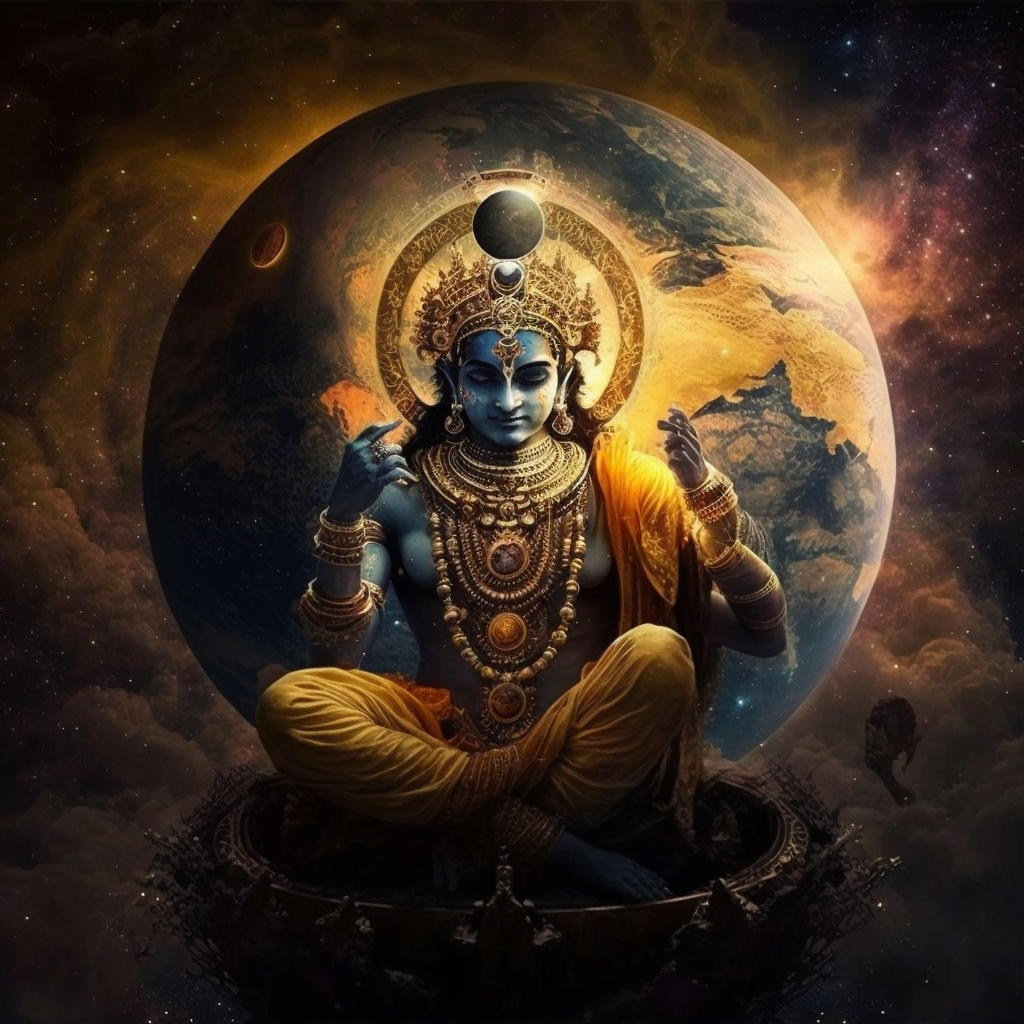Navratri, the vibrant Hindu festival dedicated to the divine feminine energy, is a nine-night-long celebration that holds immense cultural and spiritual significance. Each day of Navratri is dedicated to a different manifestation of Goddess Durga. The first day of Navratri marks the beginning of this auspicious festival, symbolizing new beginnings, purity, and devotion. In this article, we will delve into the profound meaning and rituals associated with the first day of Navratri, shedding light on the spiritual essence that underlines this joyous occasion.
Understanding Navratri:
Navratri, meaning "nine nights" in Sanskrit, is celebrated with fervor and devotion across India and other parts of the world. It signifies the victory of good over evil and is observed in honor of Goddess Durga, who represents the divine feminine energy or Shakti. During these nine nights, devotees worship the various forms of Goddess Durga, seeking her blessings for strength, wisdom, and prosperity.
The Significance of the First Day:
The first day of Navratri is dedicated to Goddess Shailaputri, the daughter of the Himalayas. She is symbolic of the absolute essence of nature and is worshipped with utmost devotion. On this day, devotees invoke her divine blessings, representing the start of a spiritual journey towards self-discovery and enlightenment. The day also signifies purity and prayers for a harmonious and prosperous life.
Rituals and Traditions:
- Kalash Sthapana: The festival commences with the ritual of Kalash Sthapana, where a sacred pot (Kalash) symbolizing Goddess Durga is installed in homes. The Kalash is filled with holy water and adorned with mango leaves and a coconut, symbolizing prosperity and fertility.
- Prayers and Offerings: Devotees offer prayers, flowers, and fruits to Goddess Shailaputri, seeking her divine blessings for courage, purity, and spiritual enlightenment. Special bhajans and devotional songs are sung in her honor.
- Vrat (Fasting): Many devotees observe a fast on the first day of Navratri, abstaining from grains and certain vegetables. Fasting is believed to purify the body and soul, allowing devotees to connect more deeply with the divine.
- Community Celebrations: Navratri is a time for community bonding and cultural festivities. Many communities organize Garba and Dandiya Raas dances, where people come together to celebrate the joy of the festival through traditional music and dance.
Spiritual Significance:
The first day of Navratri holds profound spiritual significance. It symbolizes the awakening of the dormant spiritual energy within every individual, encouraging self-reflection, self-discipline, and a focus on inner purity. Devotees believe that worshipping Goddess Shailaputri on this day helps in purifying the mind and body, paving the way for a deeper connection with the divine.
As we celebrate the first day of Navratri, let us immerse ourselves in the divine energy of Goddess Shailaputri. May her blessings guide us on a path of purity, wisdom, and spiritual enlightenment. Let this auspicious day mark the beginning of a transformative journey, where we embrace the values of devotion, humility, and self-discovery. Navratri, with its vibrant rituals and profound spiritual teachings, offers us an opportunity to connect with the divine and experience the true essence of this ancient festival.









